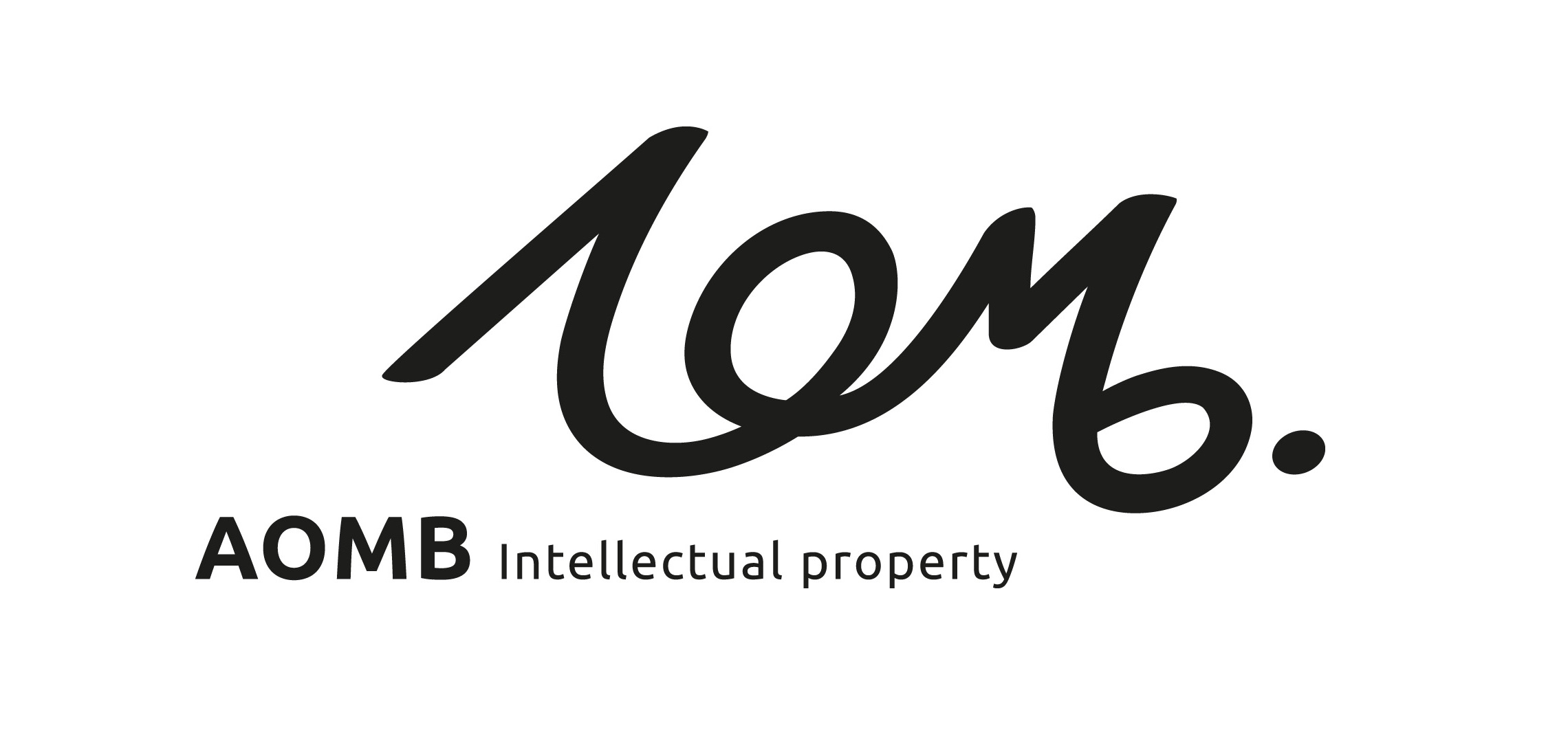Innovations in the bio-based and circular sector differ in character from the classic inventions of new materials and products. They often involve new processes or other designs: converting agricultural waste streams into high-quality products, recycling products using an innovative process, or producing shoes from waste plastic. How do you protect this, and do you want to, because surely the concept of patents and trademark protection is obsolete in a circular society?
Contributing proactively
On the contrary, says Dekker. AOMB has been advising on intellectual property from Eindhoven for fifty years. And, starting a few years back, also from the innovative growth region of Limburg; from Brightlands Health Campus in Maastricht to be precise. As a chemical technologist with years of DSM experience, the patent attorney knows what she’s talking about. Her colleagues also have a technical-scientific background, with their roots in Limburg. “We speak the language of innovative entrepreneurs,” says Dekker. “What makes our work relevant, is the fact that you can contribute proactively and prevent a client’s collaboration with another party from hitting deadlock.”
Value for your company
It’s particularly in the bio-based and circular sector that it’s vital to consider intellectual property. Dekker wants to emphasise to all entrepreneurs who think applying for a patent is ‘too expensive, too much hassle, they won’t get it anyway’: “It’s not just about staying a step ahead of your competitors. It’s much broader than that. Intellectual property has value for your company. You give an investor more certainty, and that’s particularly important in risky projects. You can demand a higher price, distinguish yourself, show how innovative you are. It’s all about what you want to achieve. In a circular business model you often want to share your technology with as many parties as possible. Protecting your intellectual property gives you control: you decide what to share and with whom. On the other hand, if you want to produce high-quality products from agricultural waste streams in several countries, that’s not something you can do yourself everywhere. That’s when you have to work together, for example by issuing a licence. In short, giving your business model a boost, that’s what we’re here for.”
This article was written in cooperation with AOMB.
Image: AOMB




